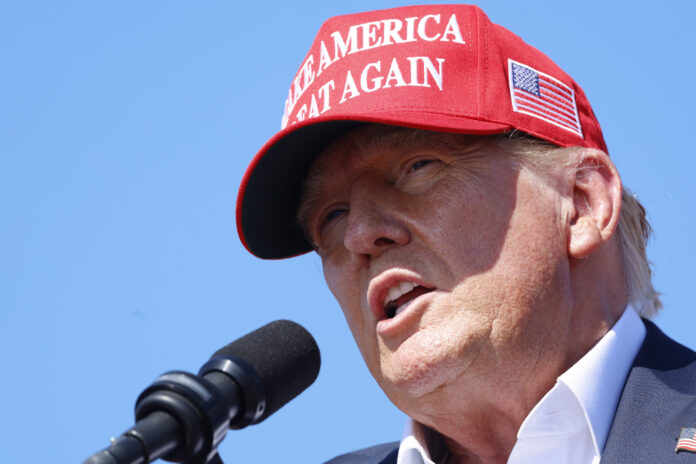Key Falsehoods or Claims:
The article “Trump’s Trade War Lies Explained in 10 Minutes and 39 Seconds” from The Bulwark dissects the falsehoods and misleading claims made by Donald Trump regarding his tariff strategies. Some of the key falsehoods include the assertion that tariffs are paid by China and that the US is making billions of dollars from tariffs. The article also debunks the claim that tariffs are bringing back manufacturing jobs to the US and that they are not hurting American consumers.
Source Bias:
The Bulwark is known for its conservative perspective and critical stance on President Trump. While it may have a conservative bias, the article provides well-researched analysis and fact-checking of Trump’s claims, making it a valuable source of information for those seeking to understand the impact of his tariff strategies.
Analysis of Falsehoods and Their Impact on Public Opinion:
These falsehoods have shaped public opinion by creating a false narrative that the US is winning the trade war and that tariffs are beneficial to the economy. Polling data has shown that a significant portion of the American public believes these claims, which can be attributed to the influence of Trump’s rhetoric. This poses a threat to our democracy by undermining the public’s understanding of economic policies and trade relations, leading to uninformed decision-making and potentially damaging consequences for the economy.
Hypothetical Public Reactions:
If the false claims about tariffs continue to gain traction, it could lead to continued support for Trump’s trade policies among his base, despite evidence to the contrary. This could influence voter behavior in favor of candidates who align with Trump’s misleading narrative on tariffs, further perpetuating misinformation about economic issues.
Recommendations for Further Reading:
For further reading on the topic of media influence and misinformation studies, reputable sources such as The Washington Post’s Fact Checker, The New York Times’ coverage of trade and economic policies, and academic studies on the impact of political rhetoric on public opinion would provide valuable insights into the manipulation of public perception through false claims and conspiracy theories.
Source link
Redirect URL
